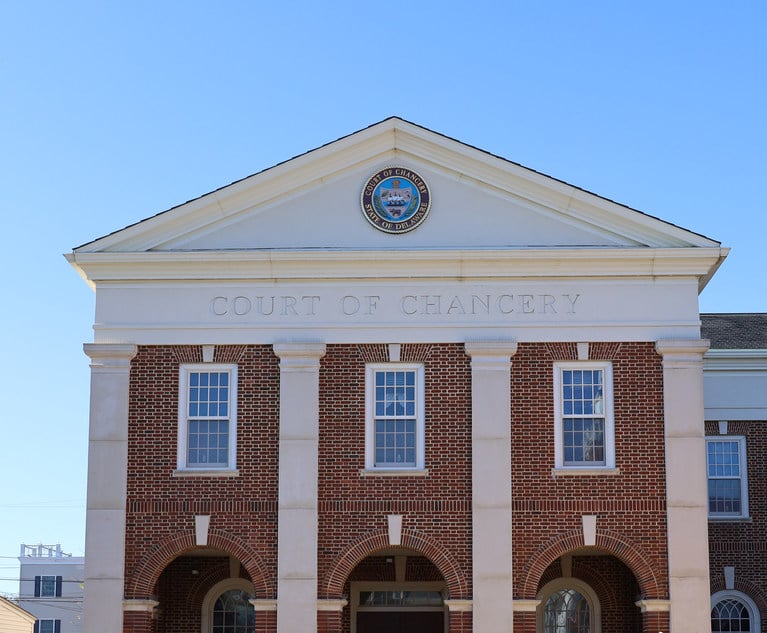The long-standing preemption doctrine allows Congress to preempt, or usurp, state law by means of a federal statute. With 33 states and the District of Columbia having enacted medical marijuana laws, which permit individuals with serious health conditions to legally use marijuana, courts in recent years have repeatedly been called on to determine whether these state statutes are preempted by the federal Controlled Substances Act, 21 U.S.C. ¶ 801 et seq., or CSA. The CSA, enacted 50 years ago, makes possession or sale of marijuana illegal, and at first blush would appear to preempt state laws permitting its use. Whether this is the case, however, is far from certain.
Preemption is grounded in the Supremacy Clause in the U.S. Constitution, which provides that “the Laws of the United States … shall be the Supreme Law of the Land … any Thing in the … Laws of any State to the Contrary notwithstanding.” U.S. Const. Art. VI, cl. 2. Under the doctrine of “field preemption,” a federal statute may preempt state law implicitly where it is clear that Congress sought to occupy an entire regulatory field. Other forms of preemption are “obstacle preemption” (a state law is preempted if it stands as an obstacle to the objectives of Congress) and “impossibility preemption” (simultaneous compliance with both state and federal law is impossible). Employers and others who have argued that the CSA preempts state medical marijuana statutes have relied primarily on the latter two types of preemption, sometimes collectively referred to as conflict preemption.


 Medical marijuana
Medical marijuana




